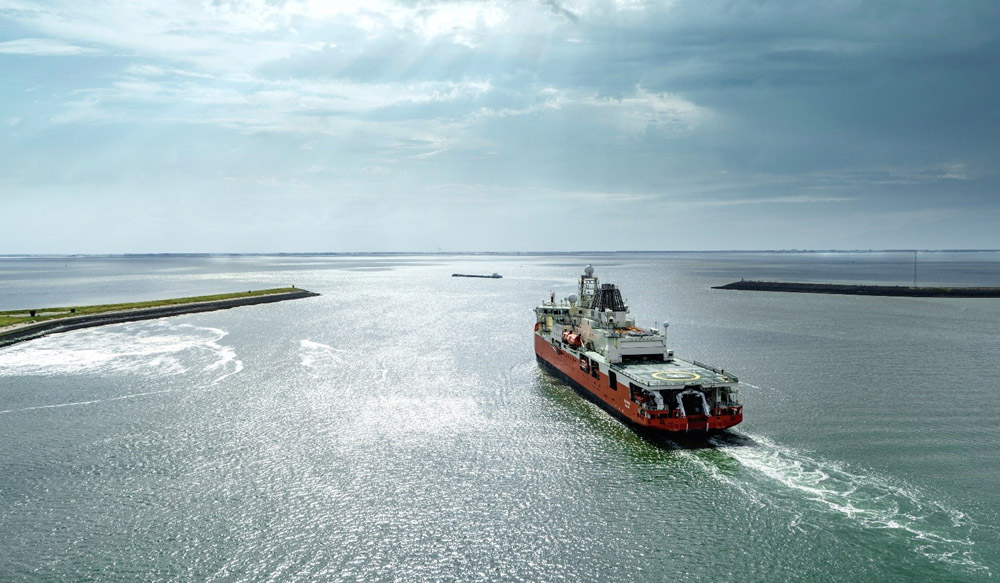Greece will push ahead with state reforms to boost economic growth and offer relief measures to those hit by natural disasters, without risking the country’s fiscal progress, Prime Minister Kyriakos Mitsotakis said on Saturday.
His annual policy speech was overshadowed by a storm that killed 17 people last week and deadly wildfires at the north of the country this month.
The conservative premier said state coffers for natural disasters would be doubled to 600 million euros next year, drawn from a tax on luxury hotel accommodation. Tourism is the driver of Greece’s economy, which emerged from a debt crisis in 2018.
Mitsotakis was re-elected in June. He had postponed his annual speech on economic policy by a week to Sept. 16 due to the impact of storm Daniel, Greece’s most intense since records began in 1930.
The storm swept through Thessaly in central Greece for three days, flooding cities and villages and turning the region into an inland sea. Hundreds of residents were airlifted or pulled out of flooded homes in lifeboats, crops were washed away and tens of thousands of animals drowned.
In his speech from the northern city of Thessaloniki, Mitsotakis referred tothe challenges the country faces due to climate change, and the financial support Greece can get from Europe. But he added that “Greece’s economy is strong enough to withstand it”.
Mitsotakis outlined reforms across the state to improve ministry coordination, tackle tax evasion, bolster the health sector and support families, youth and their access to affordable housing.
He reiterated that public sector wages would be increased and said the minimum monthly wage of 780 euros would be raised again from April 2024. He also outlined hirings of healthcare workers, first aid responders and firefighters, which were among his pre-election pledges.
“My speech today will not include new, pompous benefits,” Mitsotakis said. “I will never put at risk the fiscal stability which constitutes the bedrock of our progress. I will never allow us to go through the trauma of a national bankruptcy.”
In the financial sector, Mitsotakis said Greece’s financial transaction tax of 0.2% would be slashed by half.
This month, Greece regainedan investment grade credit rating after 13 years, through not from one of the three major ratings agencies. On Friday, global ratings agency Moody’s upgraded Greece’s credit rating by two notches to ‘Ba1’ – one notch below investment grade.
Greece expects its economic growth to slow to 2.3% this year, from 5.9% in 2022, still outpacing the euro zone average of about 0.6%. It is expected to achieve a primary surplus of 1.1% this year and meet its 2 billion euro annual target in privatisations receipts.
But wildfires and floods are expected to weigh on the economy, which has recently emerged from a decade-long debt crisis. Economic activity in Thessaly accounts for more than 5% of GDP, according to a Eurobank report.
“We will do everything to ensure that the unequal battle with the climate crisis does not become a losing battle, Mitsotakis said, adding that storm Daniel was a “warning” that Greece needed to be better prepared for future flooding phenomena.
The government’s handling of the disasters have hurt the government’s image among the public. A poll by Metron Analysis published on Thursday for Mega TV showed that 61% of respondents had a negative opinion of the government’s work, versus 57% in May.
Source: Hellenic Shipping News





